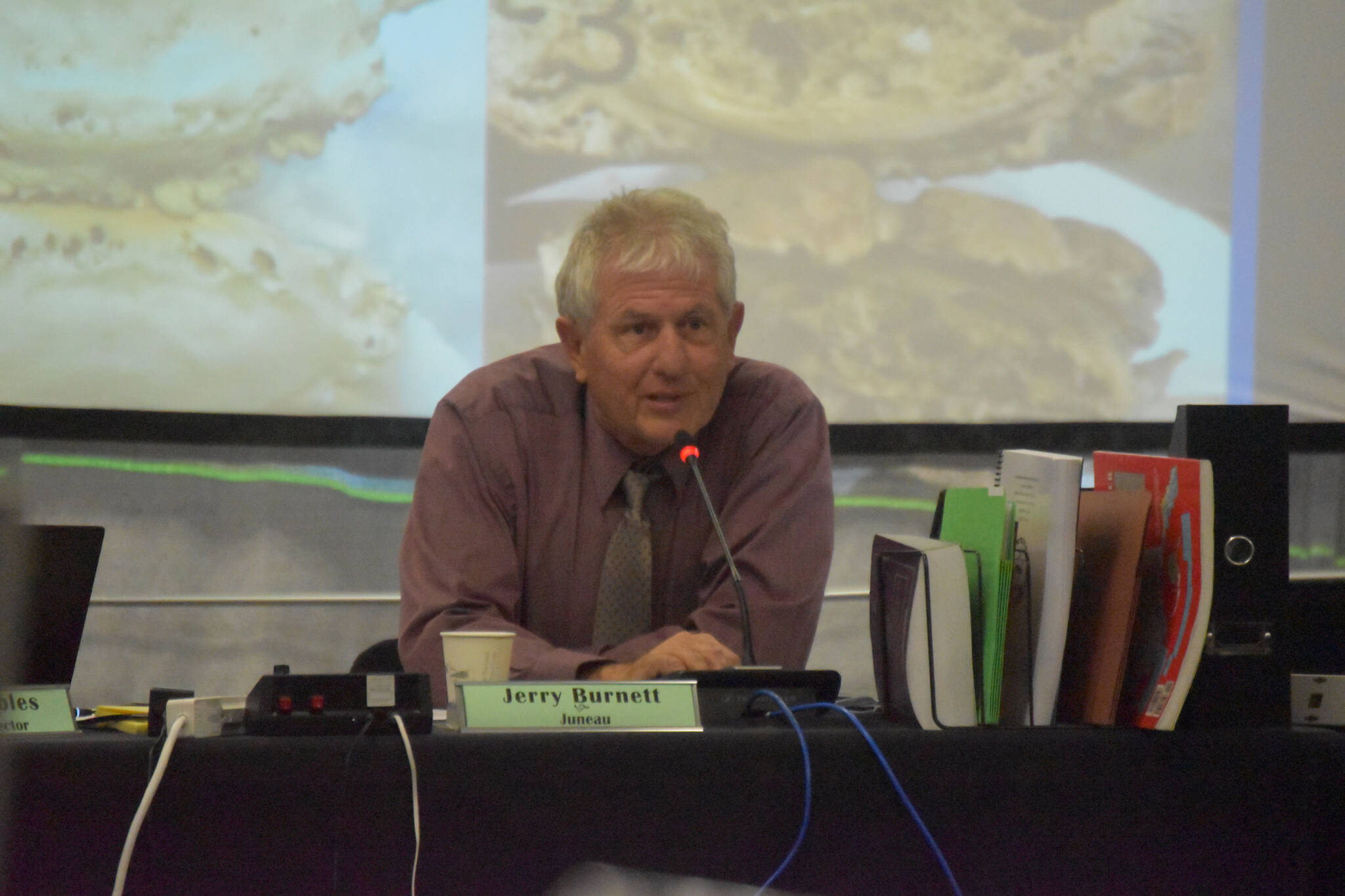During a Southcentral meeting that stretched from March 17 to Wednesday, the Department of Fish and Game’s Board of Game made their final decisions on more than 100 proposals that would change regulations around the region. Of those, 67 targeted the Kenai Peninsula, which includes game management Units 7 and 15.
In public testimony, held on Friday, Saturday and Sunday, much attention was paid to two series of proposals that sought trapping setbacks on a variety of trails in Cooper Landing and Homer. Three proposals were passed, each with an amendment.
Proposal 145 sought to close hunting and trapping within ¼ of a mile of five wildlife structures that are part of the Sterling Highway. The board passed an amended version of the proposal that declares hunting within those areas illegal.
A trapping setback of 100 yards will be implemented on three trails in Kachemak Bay State Park by the 5-2 passage of Proposal 146, but an amendment allows trapping within those 100 yards if the sets are elevated 3 feet from the hard ground, are underwater, under ice or enclosed.
A similar amended Proposal 149 would implement setbacks from the perimeters of Quartz Creek Campground, Crescent Creek Campground, Russian River Campground and the Cooper Creek Campgrounds with the same stipulations about sets that are elevated, submerged or enclosed. Instead of 100 yards, it only requires a 50-yard setback.
Public testimony also targeted a series of proposals that sought to establish archery only early moose and sheep hunts, largely in opposition. The board rejected all but one of those proposals. Proposal 121, which would establish an early moose hunt in Unit 15C, toward Homer, was passed.
That proposal, which had been submitted by the Homer Fish and Game Advisory Committee, said that it sought to standardize 15C’s regulation with 15A and 15B, where early archery moose hunts are available. In that pursuit of standardized regulation, the proposal was carried. The board amended the proposal to exclude nonresidents from the hunt and to exclude the subsistence area in 15C.
A series of seven proposals sought reduced bag limits for a variety of species of duck in the Kenai Peninsula. Only one was approved, Proposal 170, which reduced the limit for long-tailed duck on the peninsula.
A series of other proposals centered on moose hunting in 15B and 15C were also approved by the board. These would renew and update the Unit 15C Intensive Management Plan, reauthorize antlerless moose seasons in 15C and on Kalgin Island, and expand the former’s boundaries.
Proposal 132 sought to remove the antler sealing requirement for moose harvested on Kalgin Island. It was amended to remove that requirement from the entire Kenai Peninsula and passed.
The board approved an extension on the Kenai Peninsula’s brown bear season in Proposal 134.
Hunters will be limited to one big game registration permit per species at a time by the passage of an amended Proposal 105. The amended version, which included the “per species” distinction, saw support from the department and from local advisory committees.
Any hunter who harvests a nanny in Unit 15C will be restricted from hunting goats on the Kenai Peninsula for five years by the passage of Proposal 116.
Amended versions of Proposals 155 and 156 shorten the trapping seasons for beaver, coyote and wolves.
For the full text of each proposal and amendment, visit boardofgame.adfg.alaska.gov.
Reach reporter Jake Dye at jacob.dye@peninsulaclarion.com.


